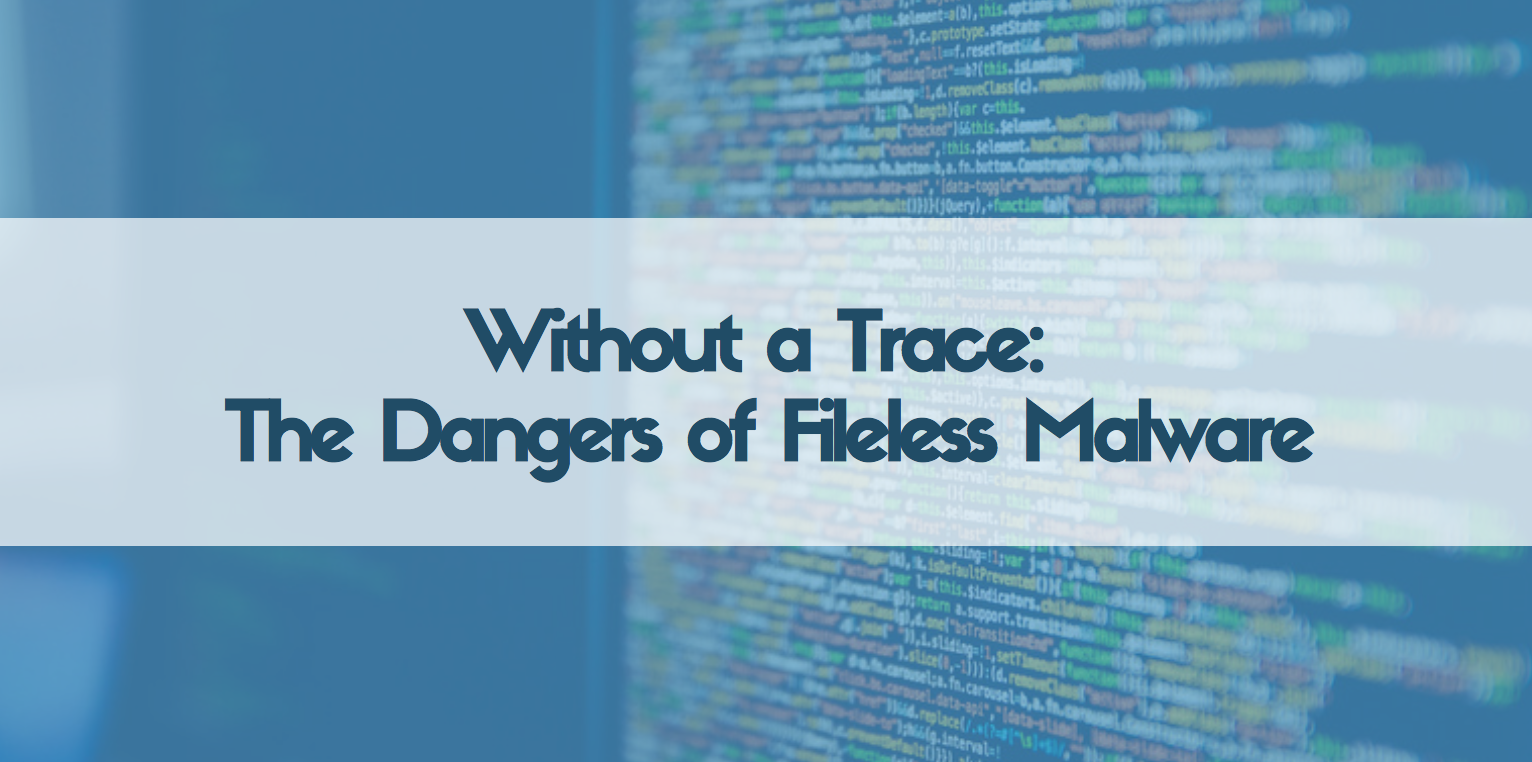Hey there, did you know that every day, wars are being fought on invisible battlefields? The enemy is sneaky, launching attacks from within without leaving a trace of their tools on the disk.
This enemy isn’t your typical opposing army. It could be a single malicious actor or a group of state-sponsored hackers. These hackers are using a technique known as Fileless Malware, where they store their code in an organization’s memory, making it hard to detect. This allows them to steal sensitive data and business intelligence without the security team even realizing it.
The consequences of such attacks can range from a damaged reputation to severe and possibly irreparable harm to a brand and its business. Organizations can be crippled by these attacks without ever knowing they were infiltrated.
Searches for ‘fileless malware’ on Google have been on the rise, indicating a growing concern about this issue. Hackers are able to evade standard detection tools by hiding in an organization’s memory, making the defense process a challenging and expensive one.
When investigating such attacks, accurate attribution is crucial. Security teams need to identify who breached the system, how they gained access, and what information has been compromised.
One way to deal with Fileless Malware is to reboot the entire system, wiping out the memory where the malware resides. However, large organizations like banks and healthcare companies rarely reboot their systems, making them vulnerable to such attacks.
There have been chilling examples of Fileless Malware attacks in various industries, such as the Bangladesh Bank heist, the Sorebrect ransomware, and the ATM attack in Russia. These incidents highlight the need for better detection and prevention measures.
Memory forensics tools like Volatility and Rekall can help in analyzing memory and extracting malicious code. However, hackers are becoming adept at evading detection using these tools, giving them an unfair advantage.
With the ever-increasing threat of malware and sophisticated attacks, security teams must stay ahead of the game. At Intezer, we’re dedicated to helping organizations combat these threats by dissecting them at the gene level and providing unparalleled threat detection.
About Intezer:
Intezer offers innovative cyber security products like Intezer Analyze™ and Intezer Immune™, applying biological immune system concepts to cyber security. By mapping the ‘DNA’ of code, Intezer helps enterprises detect threats faster, eliminate false positives, and protect against fileless malware, APTs, and more.




